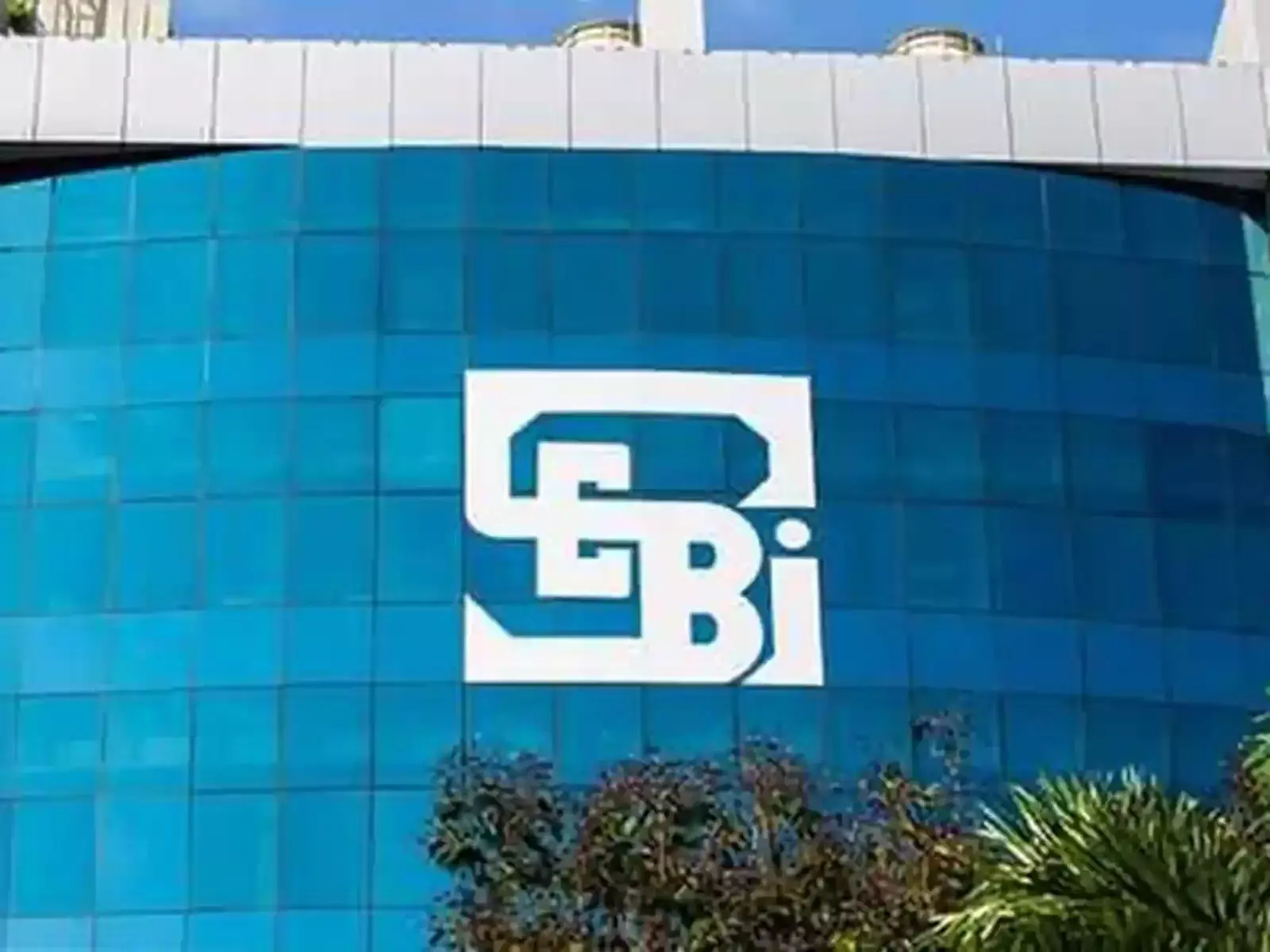Summary
There is also a tendency of "inflating IPO (Initial Public Offering) application numbers to give an impression of the high amount of subscriptions... forcing investors to apply much more lots, and apply in higher numbers with multiple banks, knowing fully well that your application will be rejected", Buch said.
Mumbai: Sebi Chief Madhabi Puri Buch on Friday said the regulator will take action against three merchant bankers who have been found frequently indulging in malpractices in IPOs by way of creating mule accounts and inflating subscriptions.
Speaking at an annual meet organised by the Association of Investment Bankers of India here, Buch said Sebi has data and evidence on mule accounts, wherein the credentials of an individual are used to typically front-run stocks by those wanting to not leave a trace of trades, making it a fraudulent act.
There is also a tendency of "inflating IPO (Initial Public Offering) application numbers to give an impression of the high amount of subscriptions... forcing investors to apply much more lots, and apply in higher numbers with multiple banks, knowing fully well that your application will be rejected", Buch said.
"So the sole purpose of applying for an IPO was to inflate subscriptions," Buch said, adding that Sebi has evidence and data on this.
There is evidence to suggest that three investment bankers frequently indulge in malpractices in IPOs by creating mule accounts and inflating subscriptions, Buch said, adding that action will be taken against them.
"But we want to collect more data and we will do that at the earliest and take appropriate action on the erring investment banks... we want to make a standards forum on IPO pricing with the industry inputs," she said.
She, however, ruled out setting benchmarks on IPO valuations, saying "we are not a nanny state".
Those who are traders in IPO shares should know the risks involved, she said, advising investors to enter the market with open eyes once the actual price is recovered, she said.
Citing an example, she said as much as 76 per cent of institutional investors left an IPO stock after a month of listing, while the number of retail investors doing the same was 52 per cent. "So people know what they are doing," she said.
Of the 58 IPOs last year, 40 received 10-times subscription, while 16 of them were oversubscribed by more than 50 times. Most of these oversubscriptions were for little-known companies, and the extent of gains made due to such malpractices is yet to be ascertained.
Despite repeated requests, she did not name the three investment bankers, saying, "I can't say anything more. Mule account is certainly an issue. And inflating the IPO application numbers is another issue."
"We are also seeing... a pattern of which kind of merchant bankers tend to be... frequent names in such malpractices. Therefore, in the interest of investors, we will be required to review policy and start enforcement actions," Buch said.
The Sebi chairperson admitted that the IPO pricing mechanism is imperfect, but ruled out doing anything on this. "We don't want to be a party to price discovery but what we want is that there is no malpractice or hanky-pankiness in the process," she added.
 Learn & Earn
Learn & Earn  Home
Home
